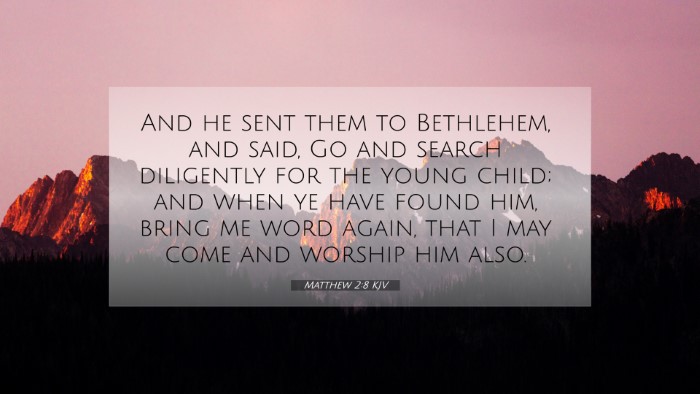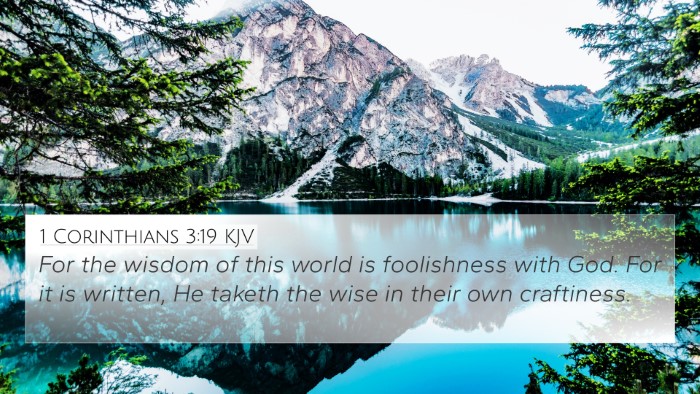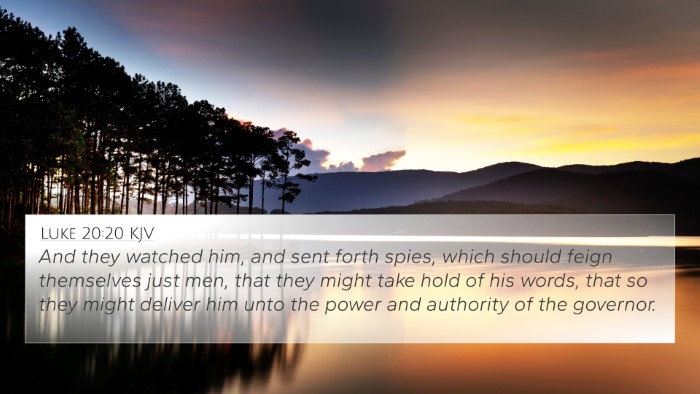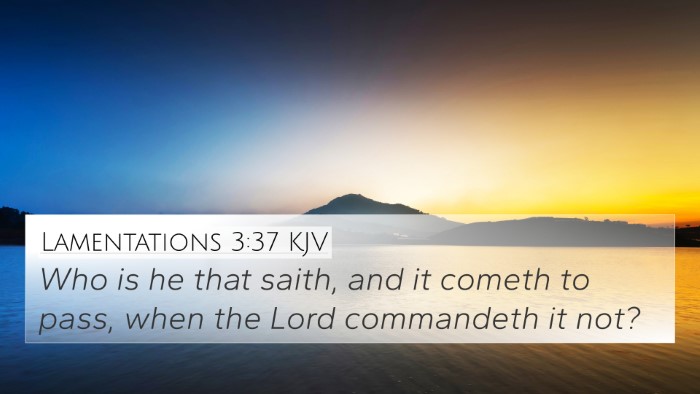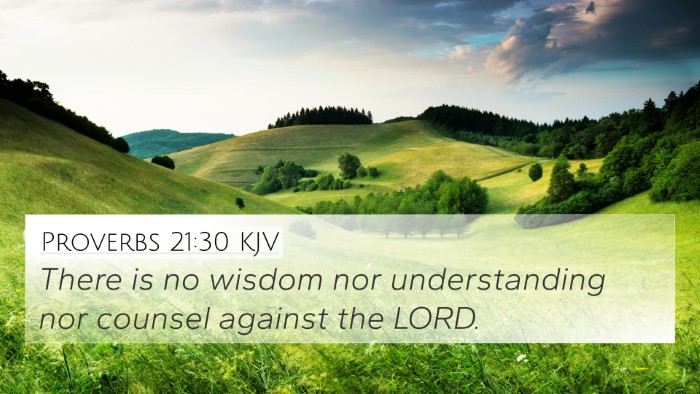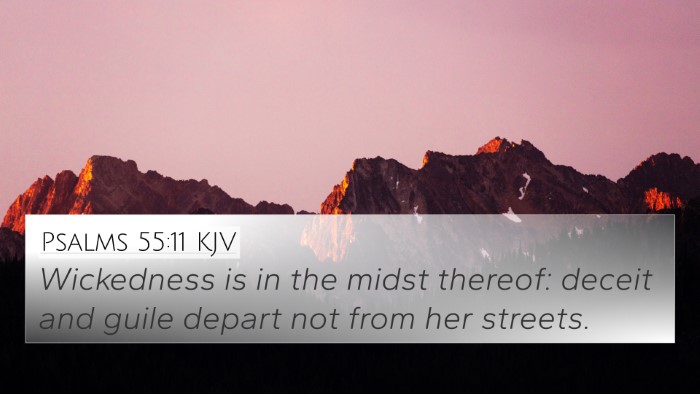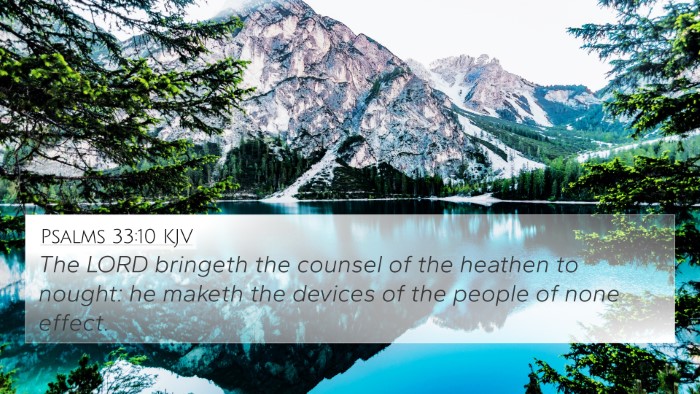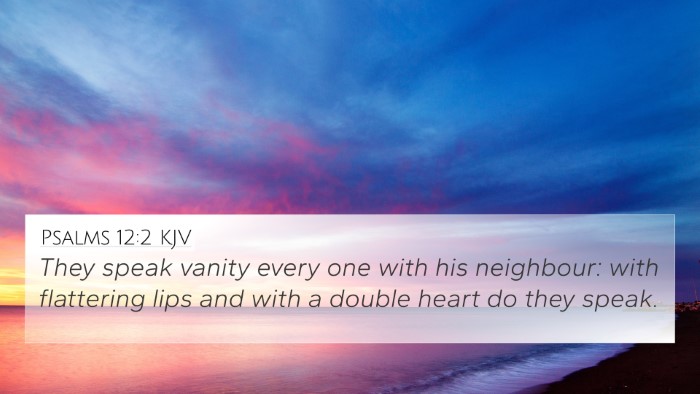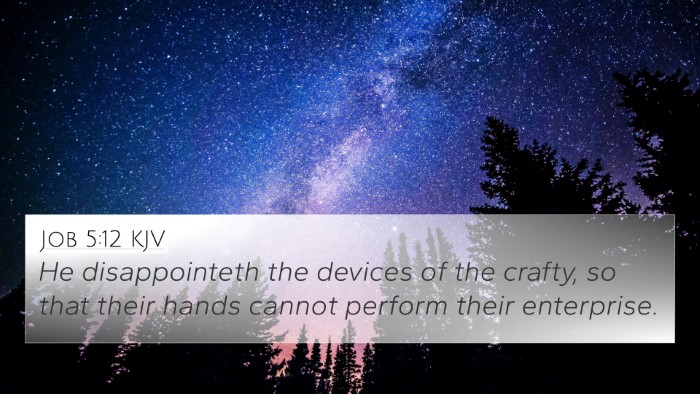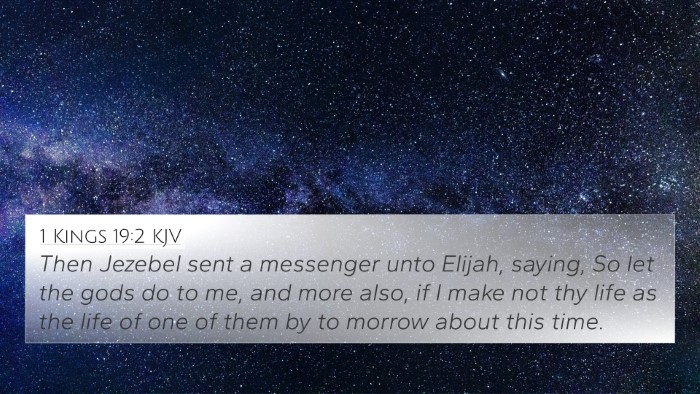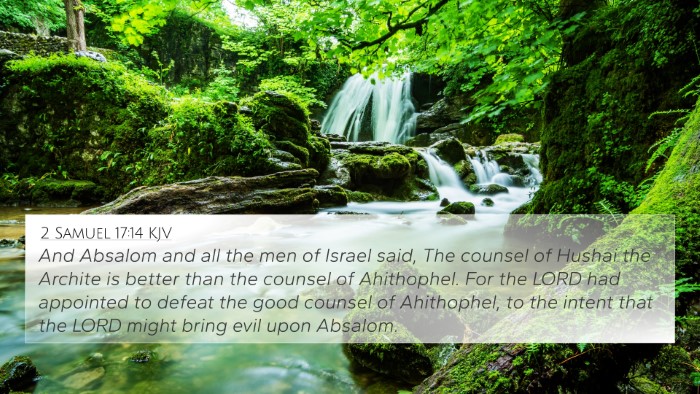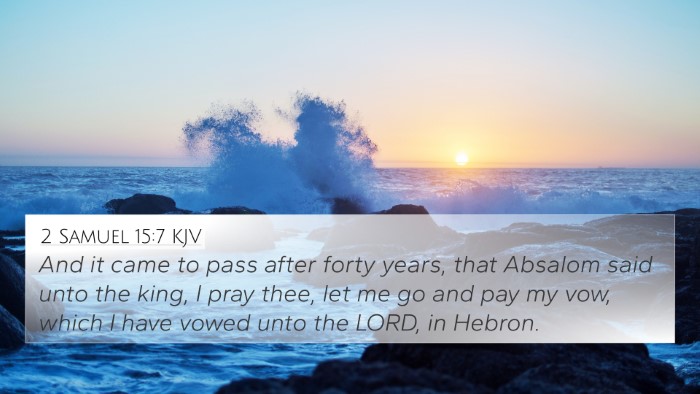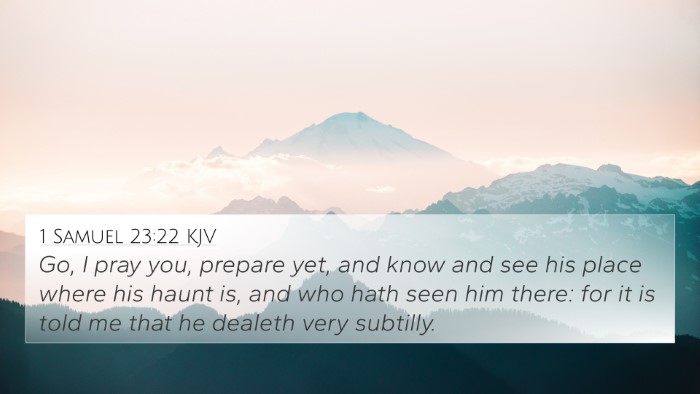Understanding Matthew 2:8
Matthew 2:8 presents a significant moment in the narrative of the Nativity, where King Herod inquires about the whereabouts of the newborn King, Jesus. This verse is integral to understanding the broader themes of authority, recognition of Jesus' kingship, and the unfolding of God’s plan through the reactions of various characters. Below is a summary of insights drawn from notable public domain commentaries.
Verse Analysis
Matthew 2:8 states: "And he sent them to Bethlehem, and said, Go and search diligently for the young child; and when ye have found him, bring me word again, that I may come and worship him."
Insights from Commentaries
-
Matthew Henry:
Henry emphasizes Herod's duplicity; he feigns a desire to worship Jesus while harboring malevolent intentions. This illustrates a broader theme of rejection faced by Jesus from those in power, highlighting the conflict between earthly authority and divine kingship.
-
Albert Barnes:
Barnes notes the irony in Herod's request for information about Jesus. His desire to worship is portrayed as deceitful—action contrasting with true worship, which is sincere and entails reverence rather than manipulation.
-
Adam Clarke:
Clarke provides insight into Herod’s characterization as a tyrant, driven by fear of losing power. His insincere summons to the Magi underscores the dreadful reality of spiritual blindness in the face of profound truth manifesting in “the young child.”
Thematic Connections
This verse touches on key biblical themes, such as:
- The nature of true worship and the contrast to false pretenses.
- The response of different individuals to divine revelation.
- The ongoing conflict between secular powers and divine authority.
Cross-References
Matthew 2:8 has several significant cross-references that illuminate its meaning:
- Matthew 2:1-2: The Magi seek the King of the Jews, setting the stage for Herod's inquiry.
- Luke 2:10-12: The angel's announcement of Jesus' birth and the humble circumstances surrounding it.
- John 1:10-11: Jesus comes to His own, but His own do not receive Him, reflecting the broader rejection He faces.
- Isaiah 9:6: Prophecy about the coming King, emphasizing His rightful authority.
- Psalm 72:10-11: Kings shall bow down before Him, contrasting Herod's false worship.
- 1 Peter 5:8: Awareness of the enemy at work, exemplified by Herod’s threat.
- Revelation 19:16: Declares Christ as King of Kings, showcasing His true kingship in contrast to Herod.
Applications and Reflections
In studying this verse, we uncover the layers of meaning regarding how individuals respond to Jesus. It invites us to consider our own intentions in seeking the Christ—whether they are genuine or motivated by personal gain. The text also challenges us to recognize the authority of Christ in our lives amid competing influences.
Moreover, cross-referencing this verse with others enhances our understanding:
- Many Bible verses relate to the theme of seeking God (e.g., Matthew 7:7).
- Gospel accounts contain parallels that reveal how different people respond to Jesus (e.g., Mark 12:14 regarding honors due).
- Old Testament prophecies about kingship resonate with the New Testament fulfillment in Jesus’ life.
Final Thoughts
Matthew 2:8 illuminates not only the historical context of Jesus’ early life but also reflects timeless truths about the nature of power, worship, and our individual connections with Christ. Utilizing tools for Bible cross-referencing can enhance our understanding of such profound texts, uncovering the rich inter-Biblical dialogue that exists.
As we delve deeper into scripture, we learn to draw connections and thematic parallels that encourage a richer understanding of the narrative that God weaves throughout the Bible.


